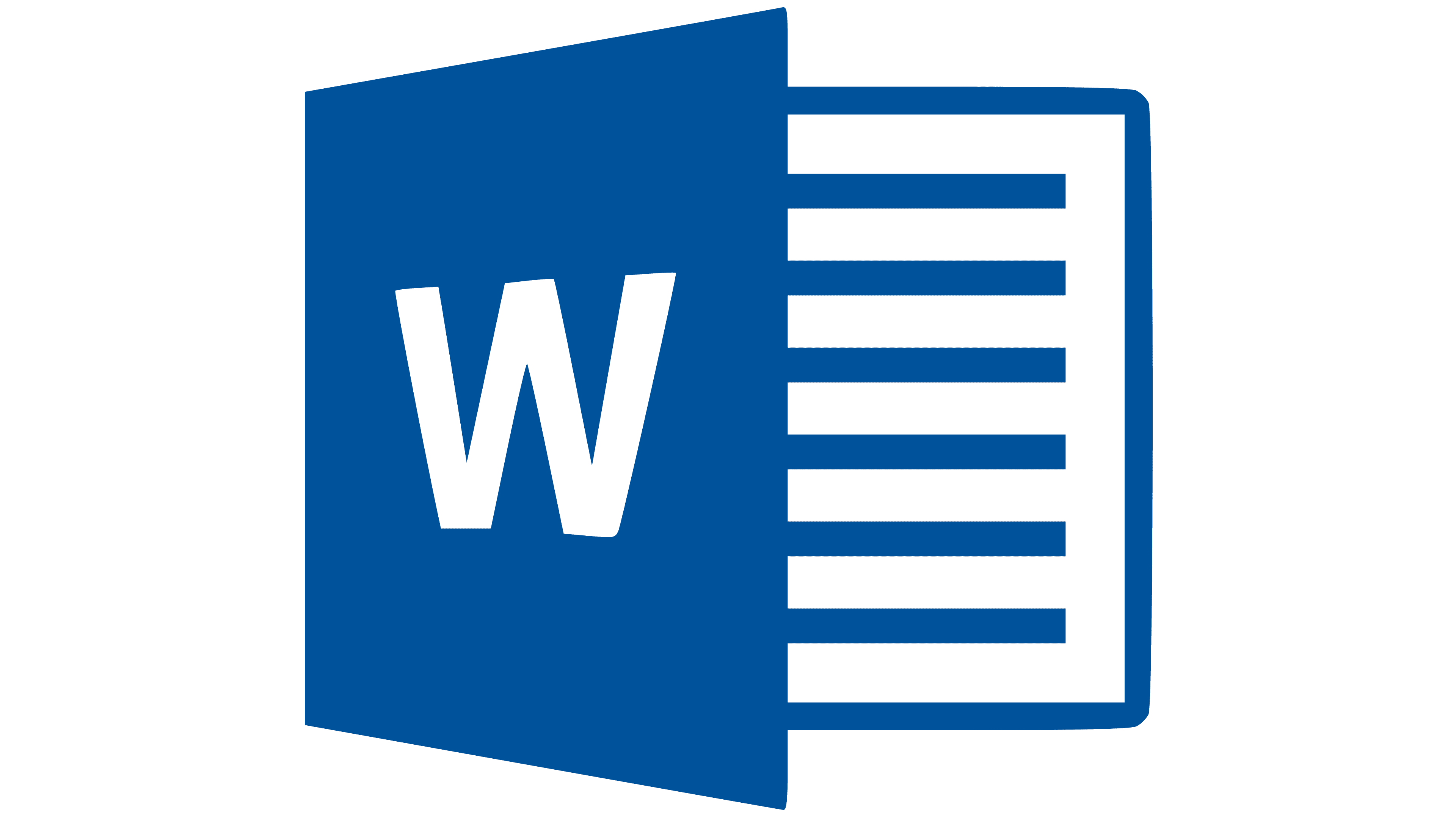Community Empowerment Program by PT Pertamina Patra Niaga DPPU Ngurah Rai
Efforts to Respond to the Environmental Crisis Through the Eco-Religion Waste Management System in Kedonganan Traditional Village, Bali
DOI:
https://doi.org/10.55381/jpm.v2i2.115Keywords:
Corporate Social Responsibility (CSR), Eco Religion, Waste Management, Community Empowerment of Kedonganan Traditional VillageAbstract
This paper seeks to explain the community empowerment program carried out by PT Pertamina Patra Niaga DPPU Ngurah Rai as a commitment in implementing CSR. The community empowerment CSR program is called Eco-Religion Waste Management System Kedonganan Ngardi Resik. The background of the development of this program, namely: the preservation of customs and culture of the community in Kedonganan Traditional Village Bali. The community there conducts prayer activities through canang facilities made of “janur” as an expression of gratitude to Him. After the worship is over, the canang is forced to become a residue that is disposed of in the landfill because the community is not used to sorting waste from the smallest scale. This community empowerment program was developed through the Logical Framework Approach (LFA) model in responding to environmental crises carried out with the Kedonganan Traditional Village Bali community by mainstreaming religious, social, and cultural communities to create an integrated waste management system. This program has succeeded in creating a disciplined community in sorting waste from the household level and processing waste into compost and bio charcoal briquettes that are reused by the community. This program also contributes to reducing environmental impact of reducing greenhouse gas emissions.
Downloads
References
General Assembly. 1987. Development and International Economic Co-Operation Environment, Report of the World Commission on Environment and Development. United Nations. Diperoleh dari https://digitallibrary.un.org/record/139811?ln=en#record-files-collapse-header
H. Kerzner. 2001. Project Management; Systems Approach to Planning, Scheduling and Controlling. New York.
Juniasa, I. W. S., 2023, Sampah Galungan 65 Ton, Banyak Tumpukan di Pinggir jalan, Detik 5 Januari 2023, diakses dari https://www.detik.com/bali/berita/d-6499639/sampah-galungan-65-ton-banyak-tumpukan-di-pinggir-jalan pada 17 mei 2023.
Maryani, Dedeh; Ruth Roselin E. Nainggolan. 2019. Pemberdayaan Masyarakat. Sleman. Deep Publisher.
Nasr, Seyyed Hossein. 1997. Man and Nature: The Spiritual Crisis in Modern Man. Chicago. Kazi Publication Inc.
Rattan, Jyoti. 2019. Role of ENGOs in Promoting Corporate Social Responsibility (CSR): A Legal Study of Some Facets, Especially Environment Protection and e-Waste Management. Indian Journal of Public Administration DOI:10.1177/0019556119872359. SAGE.
Sharp, Ziva; Nurit Zaidman. 2010. Strategization of CSR. Journal of Business Ethics 93:51-71 DOI 10.1007/s10551-009-0181-2.
Smith, Jonathan D. 2017. Does Religion Help The Environmental Cause in Indonesia and Around The World?. CRCS. Essays. https://crcs.ugm.ac.id/does-religion-help-the-environmental-cause-in-indonesia-and-around-the-world/ pada 17 Mei 2023.
Sumarto, 2007. Kepedulian Sosial Perusahaan: Cermin Disfungsi Pluralisme Kesejahteraan. Jurnal Ilmu Sosial dan Ilmu Politik, Vol.10, No.3, pp.343-364.
Taylor, S. M., 2002, Reinhabiting Religion: Green Sisters, Ecological Renewal, and The Biogeography of Religious Landscape, JSTOR, Vol. 6, No. 3. Pp.545-563.
Thamrin, S., dan Saam., S, 2016, Eco Religion Culture Suatu Alternatif pengelolaan Lingkungan, Jurnal Ilmiah Keislaman, Vol.15, No.1, pp.84-136.
White, Jr. Lynn. 1967. The Historical Roots of Our Ecologic Crisis. Science: Volume 155, Number 3767.
Downloads
Published
Issue
Section
License
Copyright (c) 2023 Prospect: Jurnal Pemberdayaan Masyarakat

This work is licensed under a Creative Commons Attribution-ShareAlike 4.0 International License.













